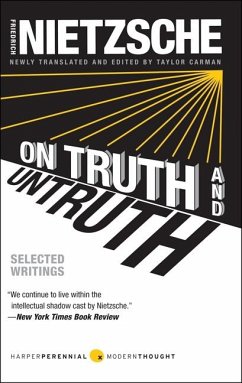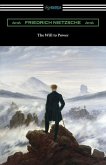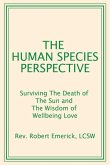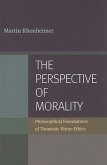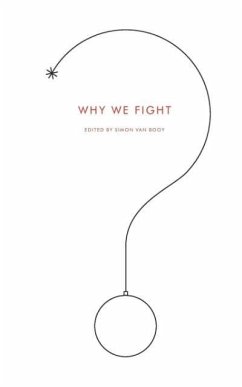"We continue to live within the intellectual shadow cast by Nietzsche.” — New York Times Book Review Best known for his seminal works on religion, morality, existentialism, and contemporary culture, such as The Birth of Tragedy and Thus Spoke Zarathustra, Nietzsche focuses his penetrating insight on assessing the nature of truth in this concise and highly readable collection that charts the great philosopher's writings on truth. Joining Heidegger's Basic Writings, The Essential Schopenhauer, and other books in the Harper Perennial Modern Thought series, On Truth and Untruth offers unprecedented access to "the most influential of the great philosophers” (New Yorker).
